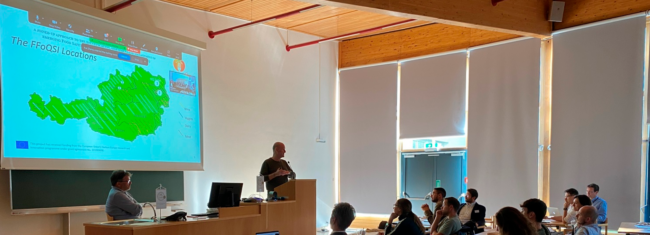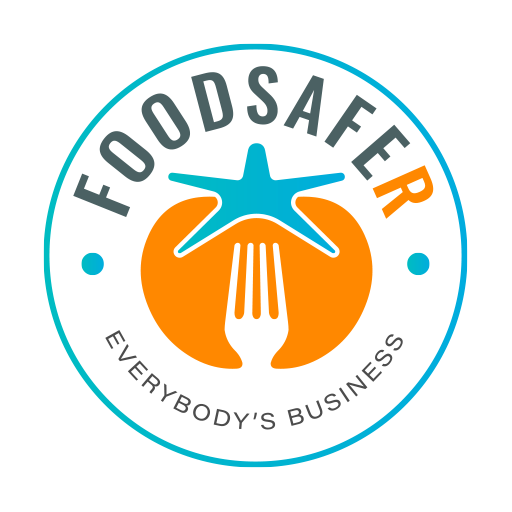Focus on sustainable food safety: FFoQSI presents the new FoodSafeR project.
Food safety, nutrition and food security are closely linked. According to the World Health Organisation (WHO), unsafe food leads to a vicious cycle of disease and malnutrition that particularly affects infants and young children, pregnant women, the elderly, and immunocompromised or sick people. The FoodSafeR project aims to make a significant contribution to making the food system safer.
Risk management and risk reporting must be future-proofed.
Animal diseases, zoonoses and extreme weather events have highlighted the fundamental vulnerability of our global food systems. In Europe, foodborne hazards such as bacteria, parasites, toxins and allergens cause some 23 million cases of illness and around 5,000 deaths per year. These systemic challenges are likely to worsen considerably in the coming years.
EU funded multi-stakeholder research project.
The complexity of the factors leading to foodborne hazards requires improved information sharing in the international food system and the use of novel techniques – including big data processing – to facilitate future data-driven management by the stakeholders involved.
The €6 million FoodSafeR project, led by Professors Martin Wagner and Rudolf Krska, addresses these challenges.

The multi-stakeholder consortium FoodSafeR brings together 18 partners including research, food industry, technology SMEs, government agencies and civil society organizations in a integrated approach to develop future-proof tools, whose functionality and content are based on state-of-the-art science and organised in a series of case studies on selected (emerging) food hazards.
The figure provides an overview of how FoodSafeR links integrated approaches to identify, assess and manage food safety hazards and risks in order to develop a unique set of forward-looking frameworks, tools, methods, strategies, models, guidance and training materials. The information tool (the FoodSafeR digital hub) that will be built and deployed during the project has the ambition to be a one-stop-shop for risk managers, risk assessors, business managers, quality managers, food safety authorities, as well as relevant stakeholders operating in the European food system, in order to promote the creation of proactive and evidence-based information and thus targeted risk management.

